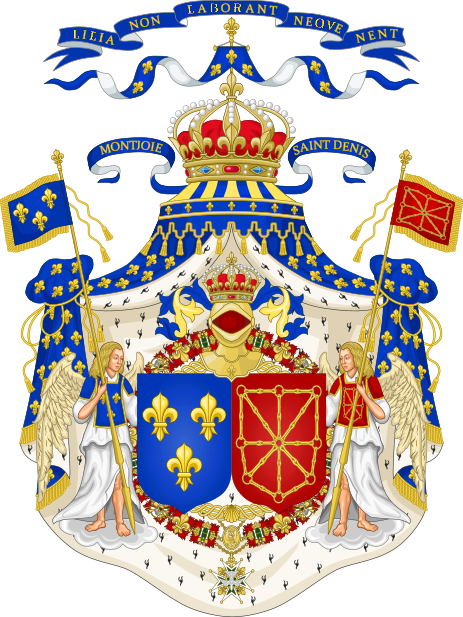Tracian Empire wrote:Lunas Legion wrote:
Hmm. Yeah, their defeat at Vienna in 1683 would've severely undermined both the position of the Hapsburgs and the confidence of the smaller states of the HRE in the empire itself. A League of some form, forming around one of the more powerful of the Elector States in the HRE would likely make the most sense but not be Emperor quite yet since Leopold I is still alive.
Such a thing wasn't necessarily planned, but I do personally think that it could make sense, so you could probably go for it
The idea could really be nice
I'll likely use the Margrave_of_Baden-Baden as the current leader of the League of Mainz although given his death in 1701, Prince Eugene will likely be chosen as the head of the League after Louis William's demise both for his role in stopping the French in the Nine Years War and the War of the Holy League which unlike IRL was to stem further Ottoman expansion into the HRE rather than roll it back.













